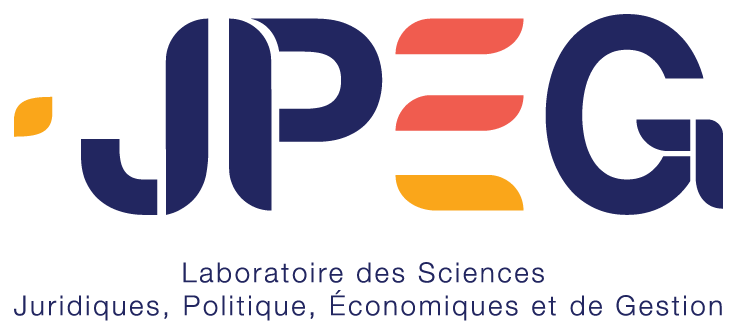
- This event has passed.
JPEG Seminar - Session of 17 May 2024 - Paul Rebière - Between legislative and judicial powers: a brief history of parliamentary committees of enquiry in the mid-twentieth century

The Laboratoire des sciences Juridiques, Politique, Économiques et de Gestion is pleased to welcome as part of the "Matins du -JPEG" 2024
Paul Rebière
Doctoral student, researcher in contemporary history - Avignon University
for a seminar session entitled :
Between legislative and judicial powers: a brief history of parliamentary committees of enquiry in the mid-twentieth century
The emergence of parliamentary committees of enquiry was first and foremost a response to changes in the democratic concepts inherited from the French Revolution. Although they appeared under the July Monarchy, they were the result of a power struggle between two legitimacies, one royal and the other elective. Through the political crises represented by scandals in a world henceforth subject to public opinion, the deputies - custodians of the collective authority provided by the suffrage censitaire - succeeded in increasing the authority of the legislature at the expense of the other two powers, by confiscating the commissions of enquiry as a parliamentary control tool. Subsequently, particularly under the Third and Fourth Republics, enhanced by the legitimacy conferred by universal male suffrage, MPs were able to use the institution as a formidable political tool in the service of their hegemony.
However, this duty of enquiry, which the Houses claim to possess, appears to be ambiguous. Because of their lack of text, or because of the very ambiguity of their usefulness, these committees are often seen as an intrusion of the legislature into the other powers. Because they have judicial prerogatives, albeit few in number, and are often set up in parallel with a judicial enquiry, these commissions appear to blur the sacred lines of the separation of powers. This observation raises the question of the perceptions that may emerge from this competition of powers and the resulting relationships.
The discussion will be led by Guillaume Marrel, Professor of Political Science (-JPEG-AU).
The session will take place Friday 17 May 2024 at 10am in room 1W48.